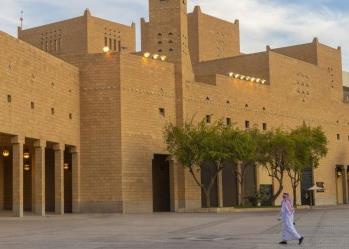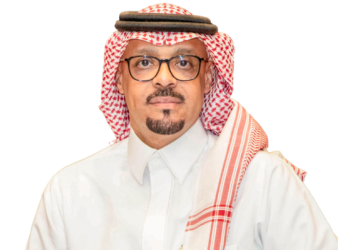
Instead of creating more public jobs and increasing subsidies, regional governments should focus on programmes to reduce joblessness among young people, says Tarik Yousef of Silatech
Back in 2009, the Qatar-funded non-profit organisation Silatech hosted a summit on youth unemployment in the Arab world. If the discussions over the two days were to be summarised in just a few words it would be of a ticking demographic time-bomb in the Middle East and North Africa region, namely the growing discontent among young people about the lack of job prospects.
Few of the delegates would have imagined the bomb would go off little more than a year later. That it did makes the work of Silatech all the more important. The organisation, which was set up in 2008, supports job creation and entrepreneurship initiatives for young people across the region.
Huge opportunity
“The moment of truth has arrived; few expected such a groundswell of unrest to happen so fast, but there is now a huge opportunity for organisations such as ours to make an impact,” says Tarik Yousef, chief executive officer of Silatech. “We can operate more openly now, [the governments] want us to help.The business communities want us to help.”
“[Economic opportunity] is the benchmark that will be used to judge the outcomes of these political transitions”
Tarik Yousef, Silatech
Since the uprisings began, Silatech has shifted its focus onto the transition economies of Egypt, Morocco, Tunisia and Yemen, and is concentrating its efforts in three core areas: employability programmes; financial development; and influencing policy. Among many other initiatives, the organisation is leading the development of a microfinance sector in Yemen; in Morocco, it is working with Al-Barid Bank on a youth savings scheme; and in Egypt it has launched the MasrWorks digital platform, which provides career advice, in partnership with Microsoft.
It is now nearly two years since long-standing leaders were swept from power in Egypt and Tunisia, but protests there continue as frustration grows over the lack of tangible change on the ground and discernible improvements in livelihoods. Yousef says this is because the countries have become caught up in a political paralysis and are not thinking of projects that could have an immediate impact on improving the economic prospects of young people.
“There are possibilities for things to be done that don’t require the full machinery of parliament and government,” he says. “What this does require is people with ideas and initiatives, business leaders, non-governmental organisations and international bodies coming in and experimenting with pilot programmes, such as microfinance initiatives and job readiness programmes.
“Governments need to distinguish between the long-term set of questions and immediate needs. This is especially important in this moment of transition, when expectations are high.”
He warns against the quick-fix solution of buying time by creating more public jobs and increasing subsidies. “It is difficult to unwind entitlements once you have given them,” says Yousef. “Governments need to consider the long-term ramifications of what they do now. They can’t hide behind the public sector.
“What is needed is to establish a couple of programmes that would create jobs, be they infrastructure-based schemes or service-based programmes. Doing it this way allows you to respond without jeopardising the future. Or they can adopt temporary public sector hiring for youths - where you have a year or two of work in the public sector to gain experience, but with a set timeline for the termination of such a programme, so that it is clear it is not the solution every time they cannot find a job.”
The priority for governments now has to
be creating economic opportunities, he says. Young people feel empowered after ousting rulers and winning political suffrage and other freedoms; material improvements in ordinary peoples’ livelihoods now need to follow to silence their protests.
Community involvement
“[Economic opportunity] is the benchmark that will be used 5-10 years from now to judge the outcomes of these political transitions,” says Yousef. He adds that engaging the community in these efforts is essential and it is something Silatech is also looking to do.
“The question is how do you get communities and business leaders to work together to have an impact,” he says. “They want to respond, but how do you identify the champions and industry leaders across sectors and countries? This is what we are evaluating.” He sees technology as a major part of the solution, with opportunities to build digital platforms providing online training and virtual work experience.
“We need to give youths more than the single option given to their parents and that way we will discover who are the entrepreneurs and future leaders,” he says.
You might also like...

Rainmaking in the world economy
19 April 2024

Oman receives Madha industrial city tender prices
19 April 2024

Neom seeks to raise funds in $1.3bn sukuk sale
19 April 2024

Saudi firm advances Neutral Zone real estate plans
19 April 2024
A MEED Subscription...
Subscribe or upgrade your current MEED.com package to support your strategic planning with the MENA region’s best source of business information. Proceed to our online shop below to find out more about the features in each package.








